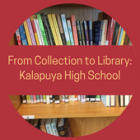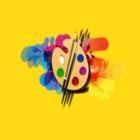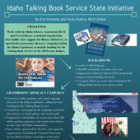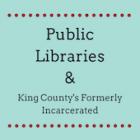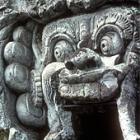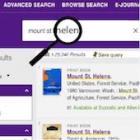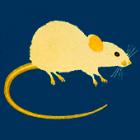
Fairytales & the Five-Year Plan: An Online Exhibit of Rare Russian Children's Books
My task was to curate an online exhibit for University of Washington Special Collections, highlighting the rare early twentieth-century Russian children’s books that were recently donated to Special Collections by the Harer family. I selected and digitized fifty of the most historically significant books, conducted background research, and wrote contextual essays on children’s book design, juxtaposing the pre-revolutionary dream-world of stylized ornament with the constructivist, geometrical forms of the revolutionary era. Now people throughout the world will have access to these important books, which are not only for children but are also works of art in themselves.

